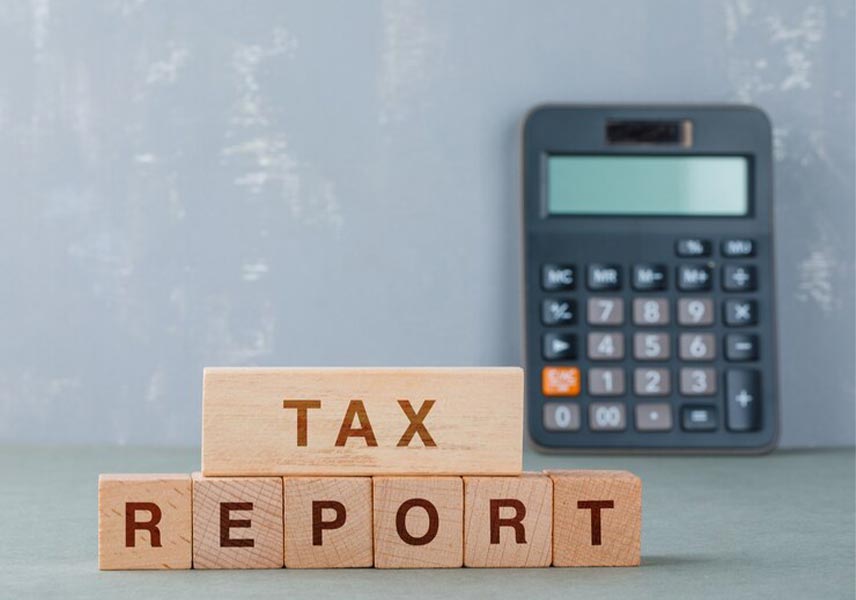- Home
-
Services
Registration
Business Certification
Filing
Change in Business
- Pricing
- Blog
- Contact Us

A tax audit report in India is a detailed report prepared by a Chartered Accountant (CA) to ensure compliance with the Income Tax Act, 1961. It is mandatory for certain categories of taxpayers and provides an audit of the financial statements and tax compliance. Here’s a step-by-step guide to the process:
Eligibility: Tax audit is required for businesses and professionals if their turnover or gross receipts exceed specified limits, or if the taxpayer is subject to specific conditions under the Income Tax Act.
Business: If turnover exceeds ₹1 crore (or ₹10 crores if opting for digital payments).
Professionals: If gross receipts exceed ₹50 lakhs.
Others: Specific conditions under sections like 44AB, 44AD, etc.
Maintain Books of Accounts: Ensure all books of accounts, financial statements, and supporting documents are accurately maintained.
Collect Documents: Gather all necessary documents including:
Financial Statements: Balance sheet, profit and loss account.
Books of Accounts: Cash book, ledger, journal.
Tax Computation: Details of income, deductions, and tax liabilities.
Bank Statements: Reconciliation of bank accounts.
Invoices: Sales and purchase invoices.
Choose a CA: Appoint a qualified Chartered Accountant who will conduct the audit and prepare the tax audit report.
Provide Information: Share all relevant documents and information with the CA.
Audit Procedures: The CA will review and verify the financial statements, books of accounts, and tax computations.
Check Compliance: Ensure compliance with accounting standards and tax regulations.
Address Queries: Respond to any queries or additional information requests from the CA.
Form 3CD: The CA will prepare the tax audit report in Form 3CD, which includes details of the audit findings, compliance status, and other required information.
Form 3CA/3CB: The report will also include Form 3CA (if the taxpayer is already audited under other laws) or Form 3CB (if not audited under other laws).
File Online: Submit the tax audit report electronically through the Income Tax India e-Filing Portal.
Attach Forms: Attach Form 3CD, and Form 3CA/3CB as required.
Prepare Return: Prepare the income tax return based on the audited financial statements and tax audit report.
File Return: File the income tax return along with the tax audit report within the due date.
Handling Notices: If the Income Tax Department issues any notices or queries regarding the audit report, respond promptly with the required information.
Tax Audit Report Due Date: Generally, September 30th of the assessment year.
Income Tax Return Due Date: Usually, October 31st of the assessment year, if tax audit is applicable.
Financial Statements: Balance sheet, profit and loss account.
Books of Accounts: Cash book, ledger, journal.
Tax Computation: Details of income, deductions, and tax liabilities.
Bank Statements: Reconciliation of bank accounts.
Invoices: Sales and purchase invoices.
Conducting a tax audit is essential for ensuring accuracy in financial reporting and compliance with tax regulations. The process, while detailed, is streamlined with the help of a professional Chartered Accountant. Accurate and timely audit reports can help in avoiding penalties and ensuring smooth tax management. Regular audits also support better financial practices and transparency. Engaging a competent CA and maintaining detailed records are crucial for a successful audit process.